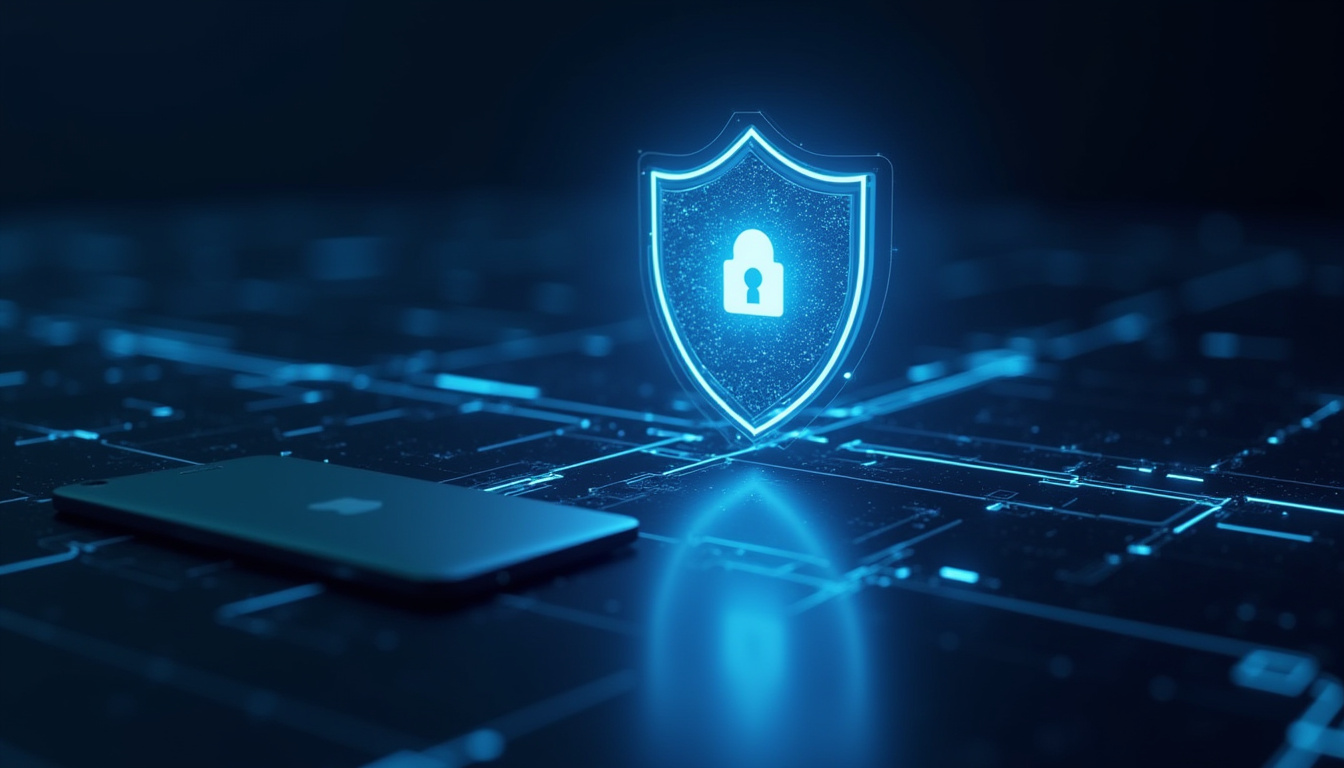The Rise of AI in Cybersecurity
The digital landscape is more connected than ever, with businesses, governments, and individuals relying on technology for daily operations. However, this connectivity comes with risks—cyberattacks are growing in frequency and sophistication. Artificial intelligence (AI) is stepping in as a game-changer, offering advanced tools to detect, prevent, and respond to these threats in real time.
How AI Enhances Threat Detection
AI-powered systems excel at analyzing massive amounts of data quickly. By using machine learning algorithms, they identify patterns and anomalies that signal potential threats, such as malware or phishing attempts. Unlike traditional methods, AI doesn’t just rely on predefined rules—it adapts to new attack strategies, making it a proactive shield against evolving dangers.
Automating Cybersecurity Responses
Beyond detection, AI automates responses to cyber incidents. When a threat is identified, AI can isolate affected systems, block malicious traffic, or even patch vulnerabilities—all without human intervention. This speed is critical in minimizing damage, especially in large-scale attacks like ransomware, where every second counts.
AI vs. Human Cybercriminals
Cybercriminals are also leveraging AI to craft smarter attacks, creating a high-stakes battle between AI defenders and AI attackers. For instance, attackers use AI to generate convincing deepfakes or bypass authentication systems. In response, cybersecurity teams deploy AI to outsmart these tactics, turning the technology into both a weapon and a shield.
Challenges of AI-Driven Security
While AI offers immense potential, it’s not flawless. False positives can overwhelm security teams, and AI systems require constant updates to stay effective. Additionally, the reliance on data raises privacy concerns—how much monitoring is too much? Balancing innovation with ethics remains a key challenge for the industry.
The Future of Cybersecurity with AI
Looking ahead, AI is set to become even more integral to cybersecurity. Predictive analytics will anticipate attacks before they happen, while AI-driven encryption could secure data in ways we can’t yet imagine. As the world grows more connected, AI will be the backbone of a safer digital future, protecting us from threats we don’t even see coming.
